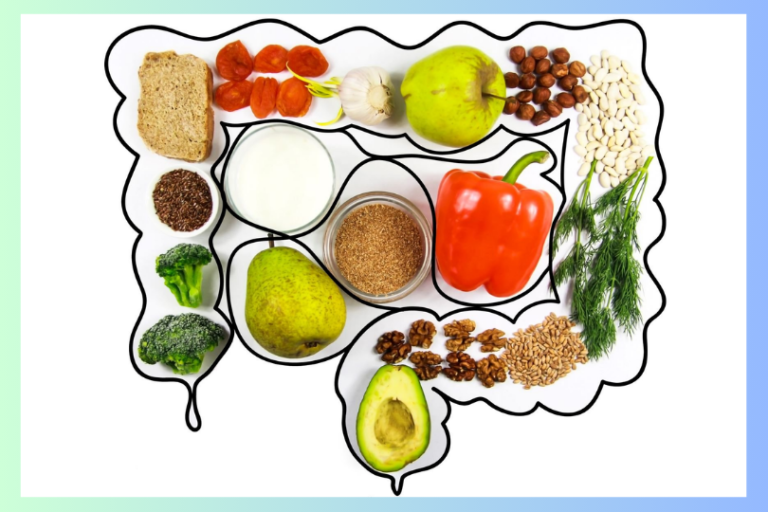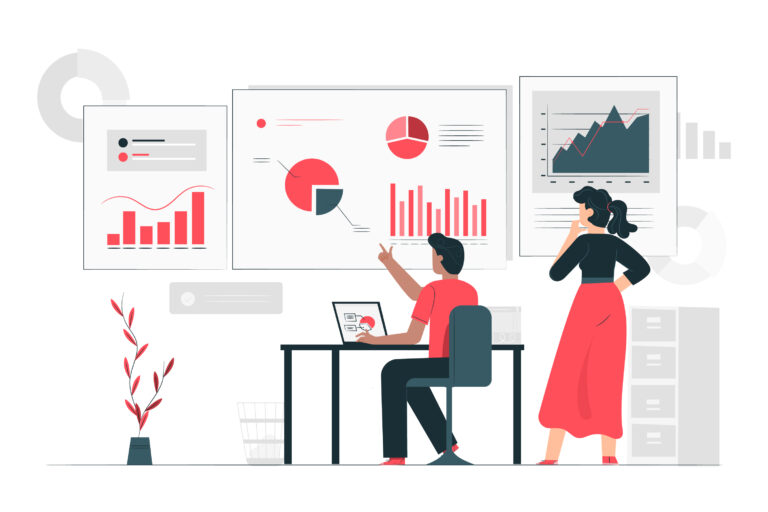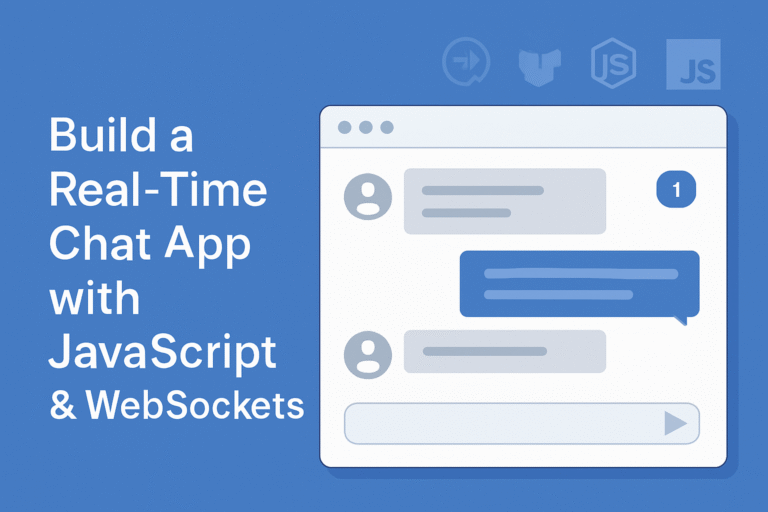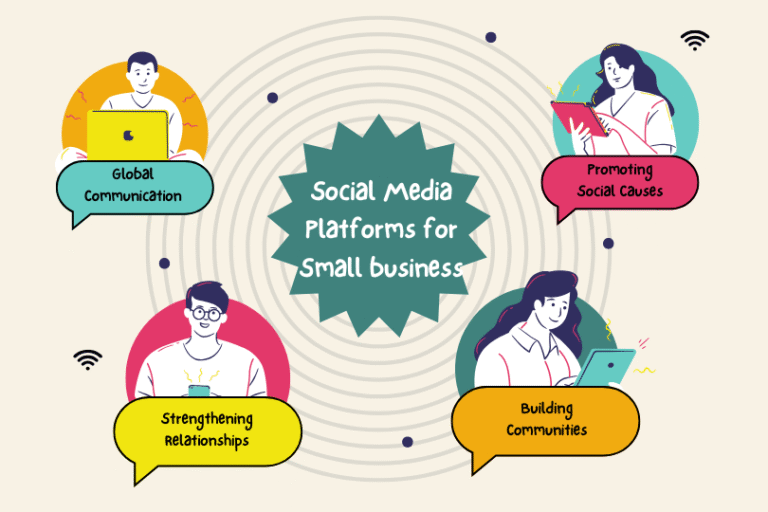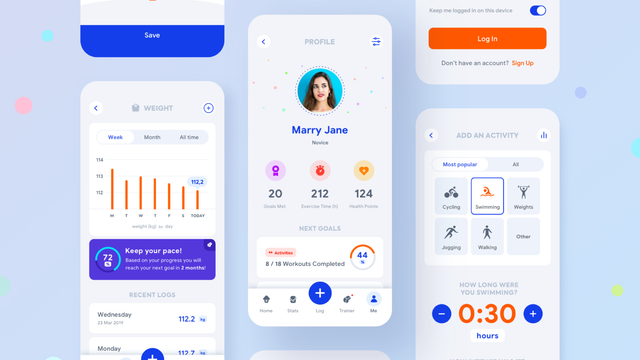
Best Mental Health Apps
In today’s fast-paced and demanding world, looking after your mental well-being is more important than ever. Thankfully, technology has made it easier than ever to access resources and support to help improve your emotional health. Mental health apps have become a popular and convenient solution for those seeking guidance and assistance.
Whether you’re dealing with stress, anxiety, depression, or simply need help managing your emotions, there are a variety of mental health apps available to address your specific needs. From meditation and mindfulness tools to mood trackers and therapy-based exercises, these apps can provide you with tools and techniques to take charge of your emotional well-being.
Understanding Mental Health Apps
Mental health apps are digital tools designed to support and improve your mental well-being. They offer a range of features and functions that can help you manage stress, anxiety, depression, and other mental health concerns. These apps are typically available for download on smartphones and tablets, making them easily accessible anytime and anywhere.
The goal of mental health apps is to provide users with personalized support and resources that can enhance their emotional well-being. They often incorporate evidence-based techniques and strategies, such as cognitive-behavioral therapy (CBT), mindfulness, and meditation. By utilizing these techniques, mental health apps aim to empower users to take control of their mental health and develop healthy coping mechanisms.
Benefits of Using Mental Health Apps
There are numerous benefits to using mental health apps as part of your self-care routine. Firstly, they provide a convenient and discreet way to access support. With just a few taps on your smartphone, you can have an entire toolkit of resources at your fingertips. This can be especially helpful for individuals who may be hesitant to seek traditional therapy or counseling.
Additionally, mental health apps offer a sense of autonomy and empowerment. By using these apps, you can actively participate in your own mental health journey and take charge of your well-being. They provide you with tools and techniques to manage your emotions, track your progress, and develop healthy habits.
Another advantage of mental health apps is their versatility. They cater to a wide range of mental health concerns, from general stress management to specific conditions like anxiety and depression. This means that regardless of your specific needs, there’s likely an app that can provide the support you require.
Top Mental Health Apps in the Market
- Headspace: Headspace is a popular meditation and mindfulness app that offers guided meditations, sleep sounds, and breathing exercises. It aims to help users reduce stress, improve focus, and promote better sleep. With its user-friendly interface and engaging content, Headspace has gained a large following and positive reviews from users.
- Calm: Calm is another highly rated app that focuses on relaxation and stress reduction. It offers a variety of guided meditations, sleep stories, and soothing music. Calm also features programs specifically designed for anxiety, self-esteem, and gratitude. The app’s visually appealing nature scenes and customizable features make it a favorite among users.
- Moodpath: Moodpath is a mood tracking and mental health assessment app. It allows users to track their mood patterns, emotions, and daily activities to gain insights into their well-being. Moodpath also provides personalized recommendations, psychoeducation, and exercises based on the user’s responses. It has been praised for its user-friendly interface and helpful insights.
These are just a few examples of the top mental health apps available in the market. Each app offers its own unique features and approach to supporting mental well-being. When choosing an app, it’s important to consider your specific needs and preferences.
Features to Look for in a Mental Health App
When selecting a mental health app, it’s essential to consider the features that are most important to you. Here are some key features to look for:
- Evidence-based techniques: Look for apps that incorporate evidence-based techniques such as cognitive-behavioral therapy (CBT) or mindfulness. These techniques have been proven effective in managing various mental health concerns.
- User-friendly interface: A well-designed and intuitive interface can enhance your user experience and make it easier to navigate the app’s features.
- Customization options: It’s beneficial to choose an app that allows you to personalize your experience. This can include setting reminders, choosing specific topics or exercises, and tracking your progress.
- Community support: Some apps offer a community feature where users can connect with others who are on a similar mental health journey. This can provide a sense of support and solidarity.
- Scientific backing: Look for apps that have been developed in collaboration with mental health professionals or have undergone scientific research to validate their effectiveness.
By considering these features, you can find an app that aligns with your preferences and needs.
Using Mental Health Apps for Self-care and Stress Management
Mental health apps can be powerful tools for self-care and stress management. They provide a range of techniques and exercises that can help you relax, reduce anxiety, and improve your overall well-being. Here are some ways you can utilize mental health apps for self-care:
- Meditation and mindfulness: Many apps offer guided meditations and mindfulness exercises that can help calm your mind and reduce stress. These practices can be incorporated into your daily routine, whether it’s a few minutes in the morning or a quick session during a break.
- Breathing exercises: Deep breathing exercises can help regulate your nervous system and induce a state of relaxation. Apps often provide different breathing techniques that you can follow along with for immediate stress relief.
- Journaling and reflection: Some mental health apps include features that allow you to journal or reflect on your thoughts and emotions. This can help you gain clarity, process your feelings, and identify patterns or triggers.
- Stress trackers: Many apps include features to track and monitor your stress levels. This can help you identify patterns and triggers, allowing you to take proactive steps towards managing stress.
By incorporating these practices into your daily routine, you can develop healthier coping mechanisms and improve your emotional well-being.
Tracking and Monitoring Your Emotional Well-being with Mental Health Apps
One of the key benefits of mental health apps is the ability to track and monitor your emotional well-being over time. These apps often provide tools to record your mood, emotions, and daily activities. By regularly tracking this information, you can gain insights into your mental health patterns and identify potential triggers or areas for improvement.
Tracking your emotional well-being can also help you assess the effectiveness of the strategies and techniques you’re implementing. For example, if you notice that your mood improves after engaging in a certain exercise or practice, you can prioritize incorporating it into your routine.
Furthermore, many mental health apps offer data visualization features that allow you to view your progress and trends over time. This can be motivating and provide a sense of accomplishment as you see positive changes in your emotional well-being.
Personalizing Mental Health Apps for Your Specific Needs
Each individual has unique needs when it comes to mental health. What works for one person may not work for another. That’s why it’s important to choose a mental health app that allows for personalization.
Look for apps that offer customization options, such as the ability to set reminders, choose specific topics or exercises, and tailor the content to your preferences. This personalization can help ensure that the app aligns with your specific goals and needs.
Additionally, it’s worth exploring different apps and trying out various features to see what resonates with you. Some apps offer free trials or basic versions that allow you to test their functionality before committing to a subscription.
Remember, the goal is to find an app that supports your mental well-being and provides the tools and resources you need to thrive.
Reviews and Recommendations of Popular Mental Health Apps
In addition to understanding the features and functions of mental health apps, it can be helpful to read reviews and recommendations from other users. User reviews can provide valuable insights into the app’s effectiveness, usability, and overall user experience.
When reading reviews, consider the following:
- Overall rating: Pay attention to the app’s overall rating and the number of reviews it has received. This can give you an indication of its popularity and user satisfaction.
- Specific feedback: Look for reviews that specifically mention the app’s impact on mental well-being, ease of use, and effectiveness. This can help you gauge whether the app aligns with your needs and preferences.
- Consistency: Look for patterns in the reviews. If multiple users mention similar positive or negative aspects, it can provide a more reliable assessment of the app’s strengths and weaknesses.
It’s important to remember that everyone’s experience with an app may vary. What works for one person may not work for another. However, reading reviews can help you make a more informed decision about which app is worth exploring further.
Integrating Mental Health Apps into Your Daily Routine
To truly benefit from mental health apps, it’s important to integrate them into your daily routine. Here are some tips for incorporating these apps into your life:
- Set a reminder: Use the reminder feature in your app to schedule regular check-ins or practice sessions. This can help you establish a consistent routine and ensure you don’t forget to engage with the app.
- Start small: If you’re new to mental health apps, start with small, manageable practices. Set aside a few minutes each day to engage with the app and gradually increase the duration as you become more comfortable.
- Be consistent: Consistency is key when it comes to reaping the benefits of mental health apps. Try to engage with the app on a daily basis, even if it’s just for a few minutes. This will help you establish healthy habits and maximize the app’s effectiveness.
- Reflect and adjust: Regularly reflect on your experience with the app and adjust your usage as needed. If certain exercises or features aren’t resonating with you, explore other options within the app or consider trying a different app altogether.
By making mental health apps a part of your daily routine, you can cultivate a proactive approach to your emotional well-being and experience the full benefits they have to offer.
Conclusion: Embracing Technology for Mental Well-being
Investing in your mental health has never been easier, and with the help of these innovative apps, you can take proactive steps towards improving your emotional well-being. Mental health apps provide a convenient and accessible way to access support, guidance, and resources. They offer a range of features and techniques that can help you manage stress, anxiety, depression, and other mental health concerns.
When choosing a mental health app, consider the features that are most important to you and read reviews from other users. Personalize your app experience to align with your specific needs and goals. By integrating mental health apps into your daily routine and consistently engaging with them, you can develop healthy habits and enhance your emotional well-being.
Embrace technology as a tool for mental well-being and take charge of your emotional health with the help of these powerful mental health apps. Your well-being matters, and these apps are here to support you every step of the way. Take the first step towards a greater sense of balance and happiness by exploring the world of mental health apps today.
